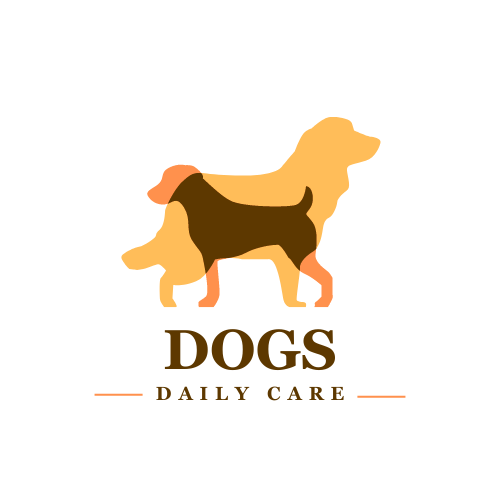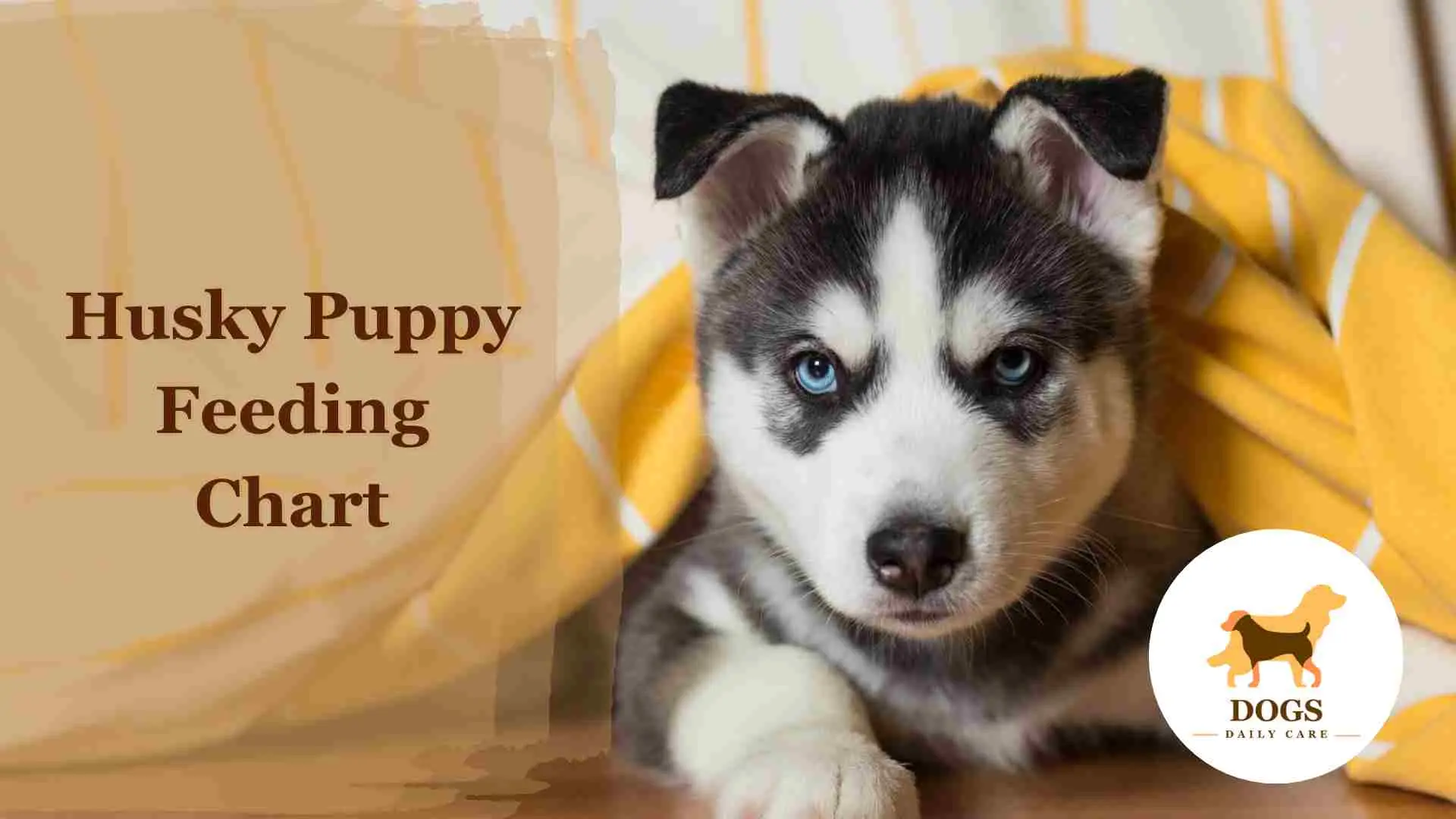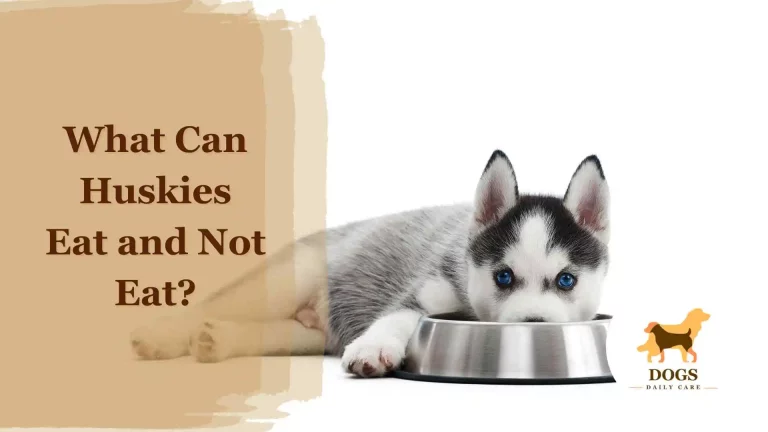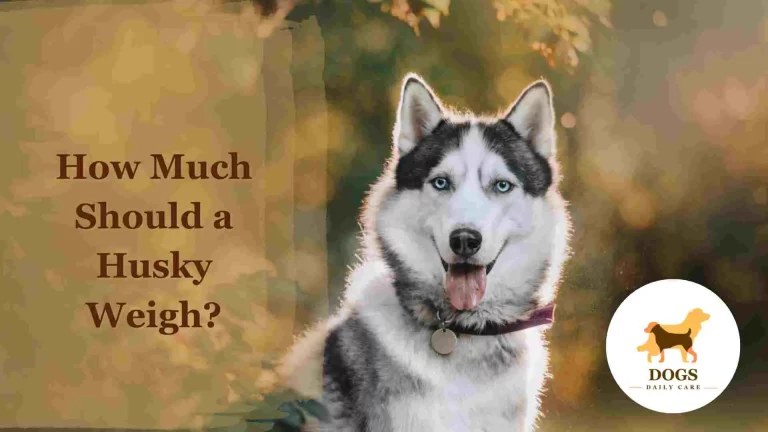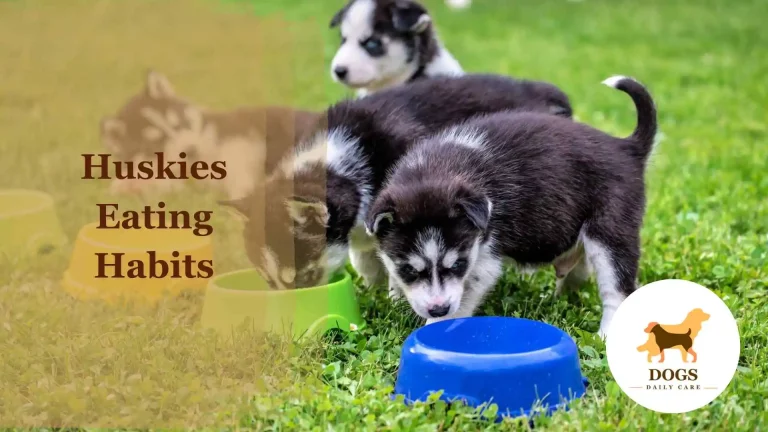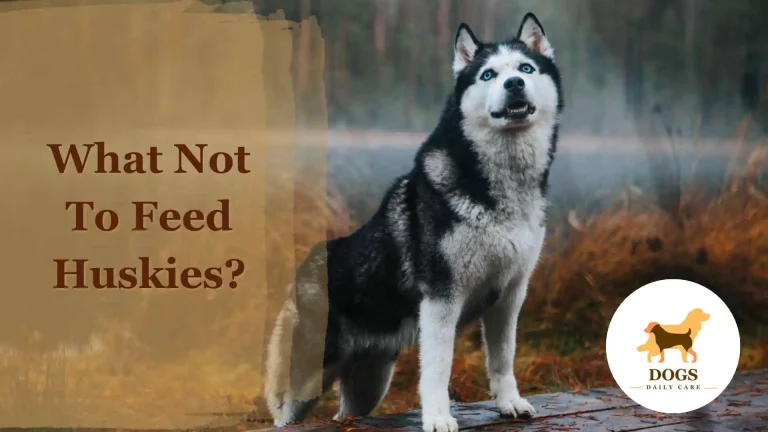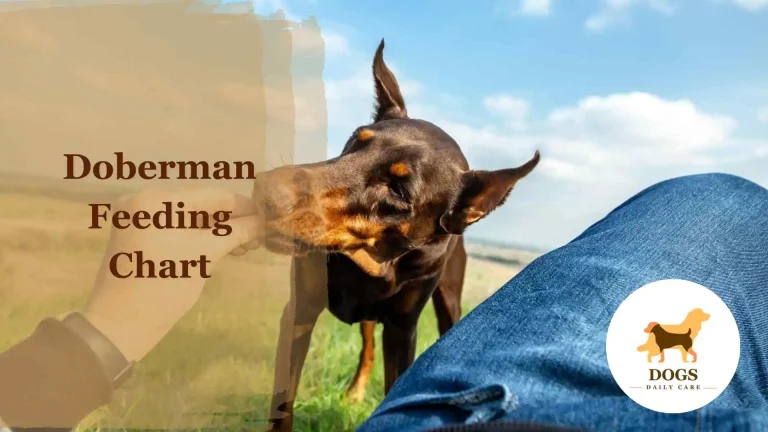Husky Puppy Feeding Chart – All You Need To Know
Welcoming a husky puppy into your home is an adventure filled with joy and challenges, one of which is ensuring their optimal growth and health through proper nutrition. Huskies, known for their vibrant energy and distinctive appearance, require a well-balanced diet tailored to their unique needs. The right feeding chart for your husky puppy not only supports their physical development but also plays a crucial role in their overall well-being. Whether you are a new husky parent or looking to refine your puppy’s diet, understanding the essentials of a husky puppy feeding chart is key.
In this guide, we’ll dive into the specifics of what makes a husky puppy’s diet different from others. We’ll explore a comprehensive feeding chart that outlines the perfect balance of nutrients to keep your fluffy companion healthy and energetic. Remember, while this guide offers valuable insights, it’s always recommended to consult with your veterinarian for personalized dietary advice. Let’s embark on this journey to ensure your husky puppy thrives with the right nutrition from the start.
Understanding Husky Puppies’ Nutritional Needs
Husky puppies are not just adorable; they are also bundles of energy with unique dietary needs. These energetic pups grow rapidly, requiring a diet rich in proteins, fats, vitamins, and minerals. Protein fuels their muscle growth, while fats provide the energy they need for their playful antics. Remember, each husky puppy is different, and their nutrition must match their specific growth rate and activity level.
It’s also important to keep in mind that husky puppies have sensitive stomachs. Choosing the right food helps prevent digestive issues. High-quality puppy food that’s easy to digest and packed with nutrients is ideal. Look for foods specifically designed for medium to large breeds. They usually contain the right balance of nutrients for a growing husky. Also, don’t forget about water. Hydration is crucial for your puppy’s health, especially with their active lifestyle.
Detailed Feeding Guide for Different Stages
Understanding the changing dietary needs of your husky puppy at each stage of their development is vital. As they grow, their nutritional requirements and feeding frequency will change. Here’s a detailed feeding guide broken down by age, to help you navigate through the different stages of your husky puppy’s growth.
Note: These are general guidelines for dry kibble. Adjust amounts for wet food or mixed diets.
In the early stages (2-3 months), puppies grow rapidly and need meals packed with protein and essential nutrients like DHA for brain and vision development. As they move into the 4-6 month period, maintaining a balanced diet that supports their continued growth is crucial. This includes a good balance of proteins, fats, and essential vitamins and minerals.
When they are 7-9 months old, your husky’s growth will start to slow down. Focus on foods that support strong bone development, like those rich in protein and calcium. Finally, as they approach 10-12 months, begin transitioning them to adult-formula food. This change should be gradual to avoid upsetting their stomach.
Always have fresh water available, and adjust food quantities as needed based on your puppy’s activity level and body condition. Regular vet check-ups are important to ensure your husky puppy stays healthy and on track with their dietary needs.
Types of Food: Dry, Wet, Homemade
Choosing the right type of food for your husky puppy is as important as the feeding schedule. There are mainly three types of food: dry, wet, and homemade. Each has its benefits and considerations.
Dry Food (Kibble)
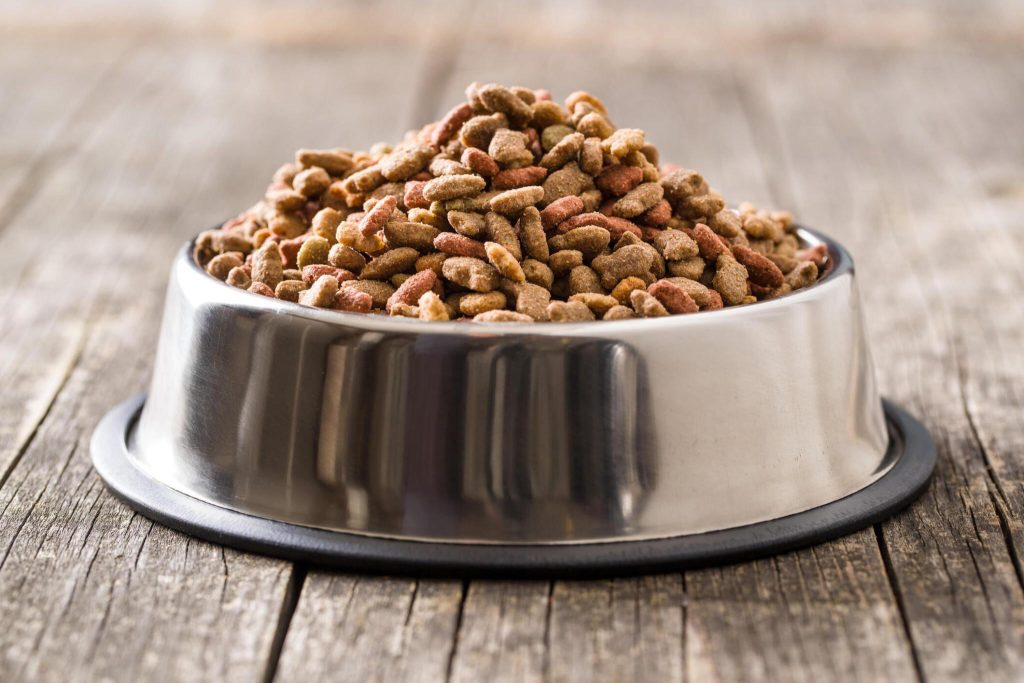
- Dry food is convenient and good for your puppy’s teeth.
- It’s often packed with nutrients needed for growth.
- Look for kibble specially formulated for puppies, especially medium to large breeds like huskies.
Wet Food (Canned)
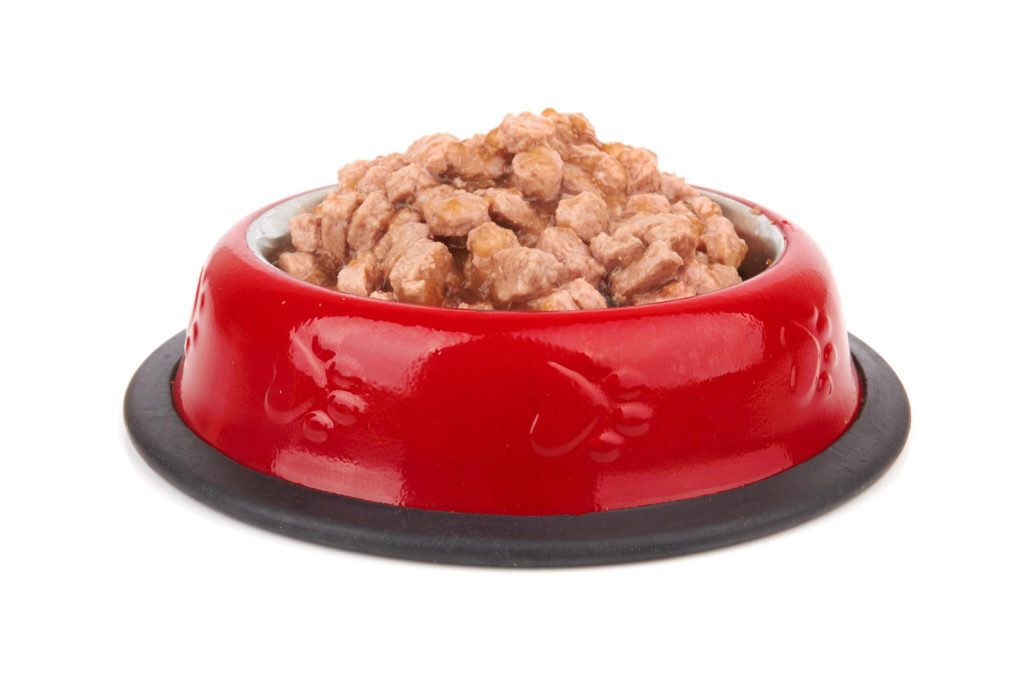
Wet food is more palatable and easier to eat, which can be great for fussy eaters.
It’s higher in moisture, helping with hydration.
However, it can be more expensive and less beneficial for dental health than dry food.
Homemade Food
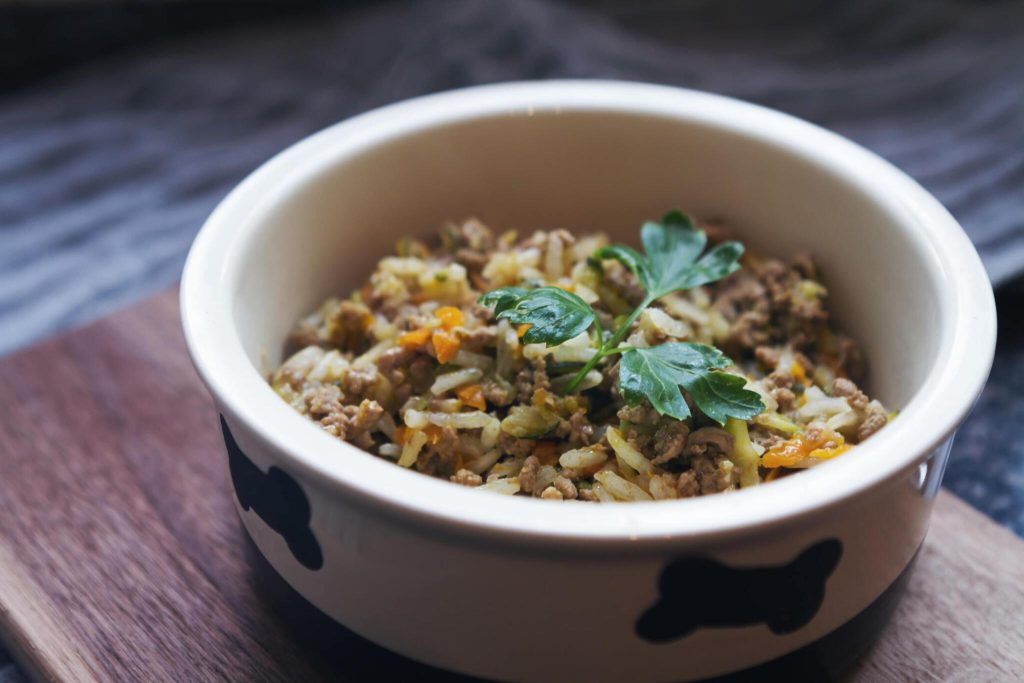
- Preparing food at home lets you control the ingredients.
- It can be tailored to suit your puppy’s specific tastes and needs.
- But, it requires knowledge about puppy nutrition to ensure it’s balanced.
- Always consult with a vet or a pet nutritionist before choosing a homemade diet.
- Mixing different types of food can provide a balanced diet while keeping mealtime interesting for your husky puppy.
Remember, any diet changes should be gradual to avoid upsetting their stomach. Also, check with your vet regularly to ensure the diet meets all your puppy’s nutritional needs.
Feeding Schedule and Routine
A consistent feeding schedule is as important as the food itself for your husky puppy. It helps in digestion and sets a routine, making training easier. Let’s break down how to set an effective feeding schedule.
Regular Meal Times
- Feed your husky puppy at the same times every day.
- Consistency helps regulate their digestion and keeps them calm, knowing when to expect food.
- Typical times are morning, midday, and early evening.
Avoid Free-Feeding
- Free-feeding, or leaving food out all day, can lead to overeating and weight issues.
- Measured meals ensure your puppy gets the right amount of food.
Post-Meal Activities
- After eating, give your puppy some quiet time.
- Avoid vigorous play right after meals to prevent digestive problems.
Water Access
Always have fresh water available.
However, limit water intake right before bedtime to help with house training.
Creating a feeding routine is not just about the schedule. It’s also about creating a calm, happy environment for meals. This helps your husky puppy understand and adapt to meal times better. As your puppy grows, you can adjust this routine to suit their changing dietary needs and lifestyle.
Frequently Asked Questions (FAQs)
1.How often should I feed my husky puppy?
Husky puppies need to be fed more frequently than adult dogs. For puppies aged 2-3 months, feed them four times a day. As they grow, you can reduce this to three times a day (4-6 months) and eventually to twice a day as they approach one year. This gradual reduction helps in their digestion and growth.
2. Can I feed my husky puppy adult dog food?
It’s not recommended to feed a husky puppy adult dog food. Puppies have different nutritional needs than adult dogs. Puppy food contains the right balance of nutrients like protein, fats, vitamins, and minerals that are crucial for their growth and development.
3. How much water should my husky puppy drink?
Puppies generally need about half a cup of water every two hours and should be given more as they grow. Always make sure fresh water is available. Monitor the water intake; too little can lead to dehydration, and too much right before bedtime can disrupt house training.
4. Can husky puppies eat human food?
While some human foods are safe for dogs, many can be harmful. It’s best to avoid feeding husky puppies human food as a habit. If you do, ensure it’s safe for dogs and only as an occasional treat. Foods like chocolate, grapes, onions, and garlic should be avoided altogether.
5. When should I switch my husky puppy to adult food?
Generally, you should start transitioning your husky puppy to adult food around 12 months of age. This transition should be gradual, over the course of 7-10 days, to avoid digestive upset. Start by mixing a small amount of adult food with the puppy food, and gradually increase the proportion of adult food.
Conclusion
In conclusion, feeding your husky puppy correctly is a key component in ensuring their healthy growth and development. By following the guidelines in this feeding chart, considering the type of food, and sticking to a consistent feeding routine, you are setting the foundation for your husky’s long-term health and happiness. Remember, each puppy is unique, so while these guidelines are a great starting point, it’s important to observe your puppy’s response to their diet and make adjustments as needed. Regular check-ins with your vet are also crucial to ensure that your husky puppy’s nutritional needs are being met as they grow.
As your husky puppy grows into a strong and healthy adult dog, the care and attention you give to their diet in these early months will pay off. Nourishing them with the right food, in the right amounts, at the right times, not only fuels their physical growth but also supports their energetic and playful nature. Keep learning, stay observant, and enjoy the rewarding journey of raising a husky puppy. Your efforts in providing the best nutrition will contribute to a lifetime of health and companionship.
